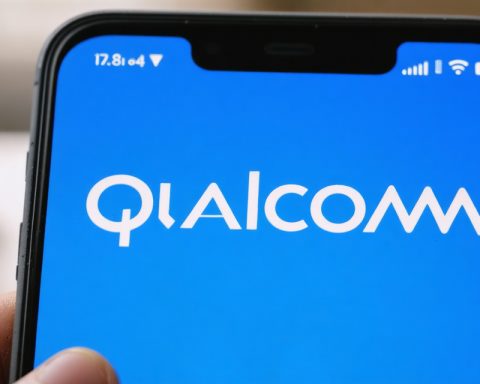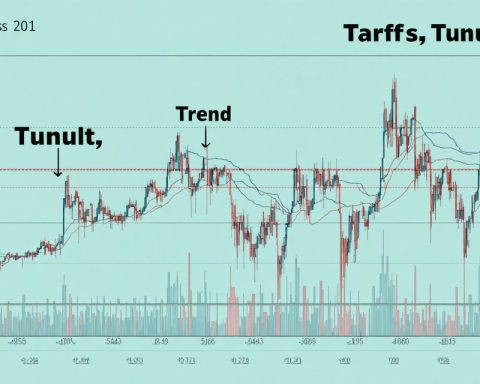In a bold move to secure its future in Southeast Asia, Apple has announced a $1 billion investment in Indonesia, responding to local regulations that have hampered its operations. Indonesia’s stringent local content requirement, known as Tingkat Komponen Dalam Negeri (TKDN), demands that 40% of smartphone components be sourced locally. This policy recently led to a ban on Apple’s iPhone 16 as the tech giant initially failed to comply.
Previously, Apple proposed investing $100 million to establish an accessory plant, but this offer was insufficient to meet the regulation’s demands. Recognizing the importance of the Indonesian market, Apple increased its commitment to $1 billion, aiming to construct a full-scale manufacturing plant for local production.
This decision is strategic, driven by Indonesia’s lucrative market of 354 million active mobile phones, far surpassing the country’s population of 280 million. By adhering to TKDN mandates, Apple hopes to lift the iPhone 16 ban and secure its market position in this rapidly expanding region.
Indonesia’s TKDN policy, while designed to boost local industries and decrease import dependency, often challenges global companies with complex supply chains. Despite facing setbacks, Apple remains committed to Indonesia. In 2023, the tech giant sold around 2.1 million iPhones there, hinting at the nation’s growing appetite for premium smartphones.
Compared to neighboring countries like Vietnam and Thailand, where Apple has made substantial investments, Indonesia represents a new frontier for the company. This investment, while addressing regulatory challenges, also strengthens Apple’s supply chain in Southeast Asia, offering a competitive edge amid global uncertainties.
Ultimately, this $1 billion venture underscores Indonesia’s critical role in Apple’s regional growth strategy and the broader technology ecosystem.
Apple’s Strategic $1 Billion Investment in Indonesia: A Game Changer?
Apple’s recent announcement of a $1 billion investment in Indonesia marks a significant shift in the company’s Southeast Asian strategy. By expanding its footprint in Indonesia, Apple plans to align with local regulations while tapping into a booming market. This article delves into the implications, opportunities, and potential challenges of Apple’s decision.
Understanding the Indonesian Market
Indonesia houses 354 million active mobile devices, surpassing its population of 280 million—a clear indicator of the country’s robust demand for technology. With consumers increasingly gravitating towards premium smartphones, Apple sees a golden opportunity to strengthen its presence. The investment not only addresses regulatory obstacles but also positions Apple advantageously in a region known for its burgeoning tech industry.
Overview of Indonesia’s TKDN Policy
Indonesia’s Tingkat Komponen Dalam Negeri (TKDN) policy requires that 40% of smartphone components be locally sourced, intending to foster local industries and reduce reliance on imports. While challenging for companies with complex global supply chains, the policy encourages substantial foreign investment and strengthens the domestic manufacturing sector.
Potential Benefits of Apple’s Investment
– Strengthened Regional Supply Chain: By building a manufacturing plant in Indonesia, Apple not only complies with TKDN but also enhances its supply chain’s resilience across Southeast Asia. This can mitigate risks associated with global uncertainties and logistic disruptions.
– Job Creation and Economic Growth: The establishment of a plant will likely boost local employment and contribute to economic development, providing a mutually beneficial arrangement for Indonesia and Apple.
– Competitive Advantage: With its new investment, Apple differentiates itself from competitors by increasing local production capabilities, potentially leading to quicker distribution and enhanced customer service.
Challenges and Considerations
– Complex Supply Chains: Aligning with TKDN demands a significant restructuring of Apple’s existing supply chains. Ensuring seamless integration without disrupting global operations could prove challenging.
– Regulatory Compliance: Constant changes in local policies require agile adaptation. Apple’s success depends on its ability to navigate and comply with evolving regulations effectively.
Comparisons with Neighbors
While Apple has seen success in Vietnam and Thailand through substantial investments, Indonesia presents unique opportunities and challenges. The size of the Indonesian market offers a massive potential for growth, yet the regulatory environment demands careful navigation. By investing heavily in infrastructure and local partnerships, Apple aspires to replicate its success from these neighboring markets.
Predictions for the Future
Indonesia’s tech landscape is rapidly evolving, with digital transformation initiatives driving significant growth. As Apple continues to expand its regional footprint, its long-term success will depend on sustained investment and the ability to innovate locally.
In conclusion, Apple’s $1 billion investment is a strategic maneuver to not only comply with local policies but also to capitalize on Indonesia’s fast-growing market. This bold move underscores the tech giant’s vision of securing a dominant position in Southeast Asia’s dynamic ecosystem. Visit Apple for more details.


















